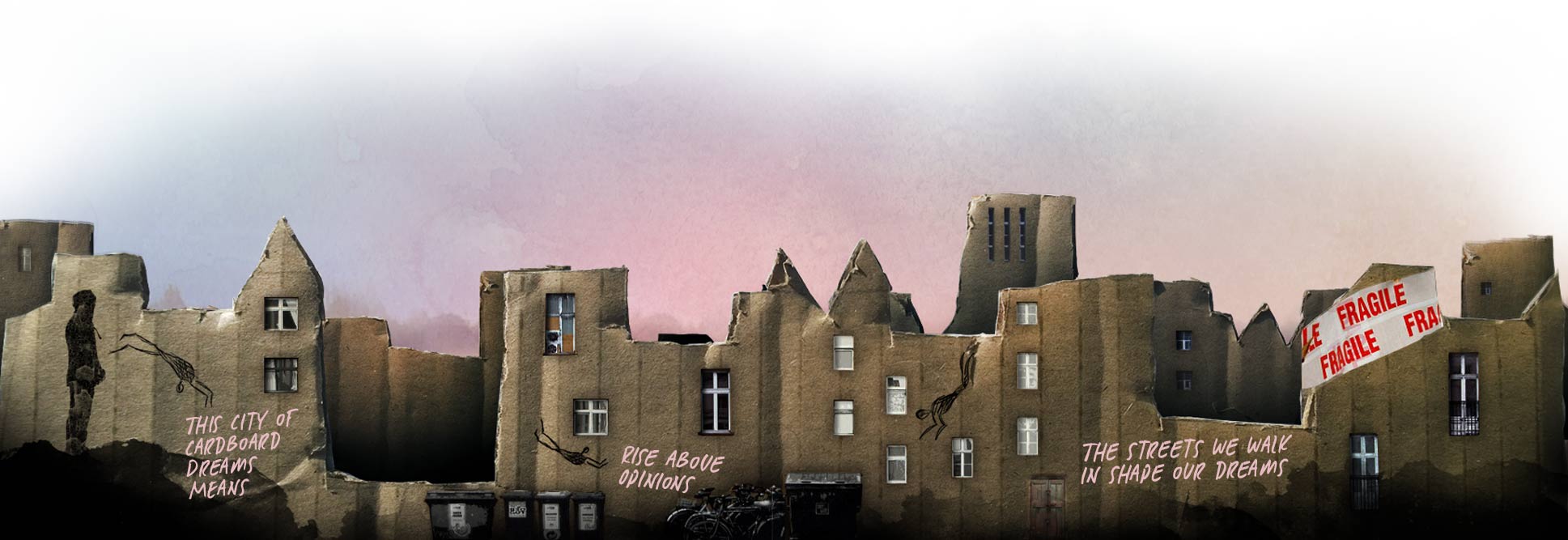Ode to a Nightingale (1819)
My heart aches, and a drowsy numbness pains My sense, as though of hemlock I had drunk, Or emptied some dull opiate to the drains One minute past, and Lethe-wards had sunk: 'Tis not through envy of thy happy lot, But being too happy in thine happiness,— That thou, light-winged Dryad of the trees In some melodious plot Of beechen green, and shadows numberless, Singest of summer in full-throated ease. O, for a draught of vintage! that hath been Cool'd a long age in the deep-delved earth, Tasting of Flora and the country green, Dance, and Provençal song, and sunburnt mirth! O for a beaker full of the warm South, Full of the true, the blushful Hippocrene, With beaded bubbles winking at the brim, And purple-stained mouth; That I might drink, and leave the world unseen, And with thee fade away into the forest dim: Fade far away, dissolve, and quite forget What thou among the leaves hast never known, The weariness, the fever, and the fret Here, where men sit and hear each other groan; Where palsy shakes a few, sad, last gray hairs, Where youth grows pale, and spectre-thin, and dies; Where but to think is to be full of sorrow And leaden-eyed despairs, Where Beauty cannot keep her lustrous eyes, Or new Love pine at them beyond to-morrow. Away! away! for I will fly to thee, Not charioted by Bacchus and his pards, But on the viewless wings of Poesy, Though the dull brain perplexes and retards: Already with thee! tender is the night, And haply the Queen-Moon is on her throne, Cluster'd around by all her starry Fays; But here there is no light, Save what from heaven is with the breezes blown Through verdurous glooms and winding mossy ways. I cannot see what flowers are at my feet, Nor what soft incense hangs upon the boughs, But, in embalmed darkness, guess each sweet Wherewith the seasonable month endows The grass, the thicket, and the fruit-tree wild; White hawthorn, and the pastoral eglantine; Fast fading violets cover'd up in leaves; And mid-May's eldest child, The coming musk-rose, full of dewy wine, The murmurous haunt of flies on summer eves. Darkling I listen; and, for many a time I have been half in love with easeful Death, Call'd him soft names in many a mused rhyme, To take into the air my quiet breath; Now more than ever seems it rich to die, To cease upon the midnight with no pain, While thou art pouring forth thy soul abroad In such an ecstasy! Still wouldst thou sing, and I have ears in vain— To thy high requiem become a sod. Thou wast not born for death, immortal Bird! No hungry generations tread thee down; The voice I hear this passing night was heard In ancient days by emperor and clown: Perhaps the self-same song that found a path Through the sad heart of Ruth, when, sick for home, She stood in tears amid the alien corn; The same that oft-times hath Charm'd magic casements, opening on the foam Of perilous seas, in faery lands forlorn. Forlorn! the very word is like a bell To toll me back from thee to my sole self! Adieu! the fancy cannot cheat so well As she is fam'd to do, deceiving elf. Adieu! adieu! thy plaintive anthem fades Past the near meadows, over the still stream, Up the hill-side; and now 'tis buried deep In the next valley-glades: Was it a vision, or a waking dream? Fled is that music:—Do I wake or sleep?
John Keats led a life full of challenges and poverty, he was an English poet prominent in the second generation of Romantic poets alongside Percy Bysshe Shelley, although his poems had been published for only four years when he died of tuberculosis at the age of 25. They were indifferently received, but his fame grew rapidly after his death. By the end of the century he was placed in the canon of English literature and an inspiration for many following arts movements.
About the poem
For three hours, Keats sat in a friend’s garden listening to a nightingale. He was 23, and trying to live by poetry though reviews so far had been hugely critical. He had just watched his younger brother die of tuberculosis, which he now had.
I had a dove – written after the death of his brother
I had a dove and the sweet dove died;
And I have thought it died of grieving:
O, what could it grieve for? Its feet were tied,
With a silken thread of my own hand's weaving;
Sweet little red feet! why should you die -
Why should you leave me, sweet bird! why?
You liv'd alone in the forest-tree,
Why, pretty thing! would you not live with me?
I kiss'd you oft and gave you white peas;
Why not live sweetly, as in the green trees?
The eight stanzas he wrote that day to the Nightingale show feelings about mortality and transience that everyone has had at times. You sound so happy, the poem tells the nightingale. I don’t envy you, I’m glad at your happiness, I long to escape this world of suffering. You, though, will never die. Your song opens vistas on to history and myth, which, though magical, are very lonely. When you stop singing I’m back, asleep or awake, with reality.
A the pitch-perfect mix of profound thought wrapped in sensuous imagery, and glowing description of things seen only through imagination – the essence of poetry.
